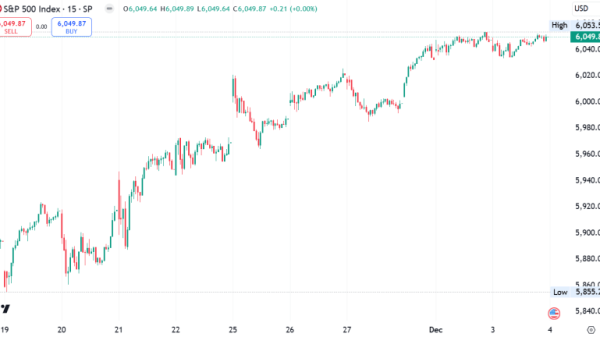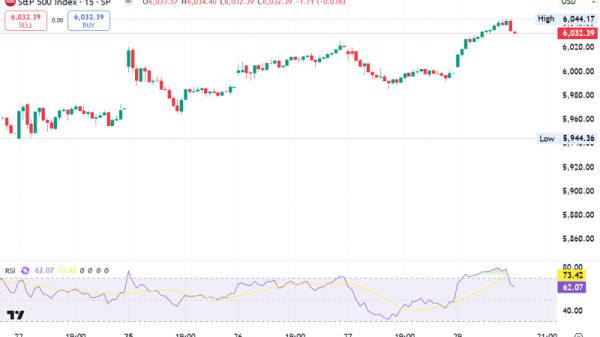(Reuters) -The U.S. watchdog agency for consumer finance on Thursday adopted new regulations capping the amount banks can charge for overdrafts, saying the rule would save depositors $5 billion annually.
The new regulation, adopted over the banking industry’s vocal opposition, closes what the U.S. Consumer Financial Protection Bureau described as a 1960s “loophole” from the era when checks were still in widespread use and that banks had since turned into a profit center.
Lael Brainard, President Joe Biden’s National Economic Council Director, added in a statement that the new rule amounted to “real relief for families.”
“The CFPB’s new rule, which caps overdraft fees as low as $5, is expected to save many families as much as $225 a year,” she said.
The American Bankers Association reacted negatively, saying the CFPB had exceeded its legal authorities in finalizing the rule and that the trade group was considering its options.
Under the rule adopted Thursday, banks with more than $10 billion in assets who lend depositors money to cover account overdrafts have three options, according to the CFPB.
They may charge $5, a fee that covers no more than costs or losses or they may offer credit at a profit so long as this complies with laws governing credit cards and other lending.
CFPB officials said in January that about 23 million households paid such fees, which generated $12.9 billion in 2019.
Banks say they have sharply reduced or eliminated overdraft fees in recent years. However the ABA said in a statement on Thursday the rule could cause banks to cease offering overdraft loans altogether, depriving cash-strapped consumers of quick access to funds essential expenses.
According to Americans for Financial Reform, a progressive advocacy organization, recent polling shows overwhelming bipartisan voter support for limits on overdraft charges.
Unlike other banking regulators, the CFPB has persisted in rulemaking in the weeks before President-elect Donald Trump takes office, angering congressional Republicans. The agency has finalized rules on digital wallets and also proposed new regulations on data brokers.
Other CFPB proposals awaiting finalization include rulemakings on medical debt and on fees for instantaneously declined charges.
A Republican Congress may nullify the rules adopted late in Biden’s final year and trade groups have also shown little hesitation in bringing court challenges. But such efforts are not guaranteed success.
In Senate testimony on Wednesday, Chopra told lawmakers he did not feel the agency should cease rulemaking activity.
“I don’t think it makes sense for the CFPB to be a dead fish,” he said.





































